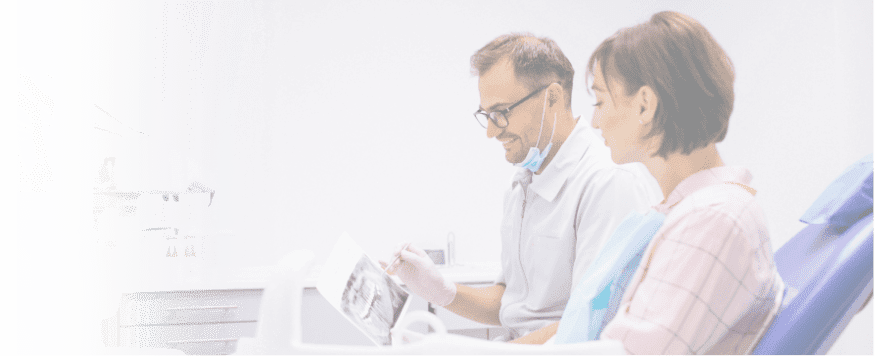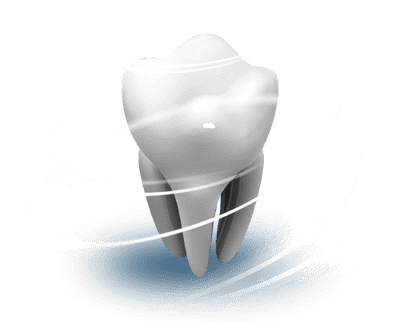Dental Emergencies Need Your Immediate Attention
If you don’t take immediate action to take care of your damaged tooth, you risk suffering permanent damage to your teeth. Whether your tooth got suddenly chipped or it has fallen out due to an injury, we’ve written an informative resource for you so that you can stay well and safe.

Emergency Dentistry
Dental emergencies can be rather inconvenient. Sometimes, they can even cause embarrassment. And if it’s not taken care of in an expedient manner, they can actually become dangerous to your health and well-being. These emergencies can take many forms. They include losing teeth from injuries due to sports or other incidents, swelling and intense pain from infection, and more. No matter what the nature of the emergency is, it is important to know the dentist nearest to you so that you visit their office immediately for treatment.
What should I know about dental emergencies?
Dental emergencies can be frightening. If you’re experiencing pain, it can be especially distressing. The good news is that tooth emergencies rarely escalate to the level of a medical emergency. When you contact our office for emergency dental treatment, you’ll be in good hands, so there’s no need to panic. You’re going to need to keep the injured area as clean as possible to prevent any potential bacteria from causing an infection.
What should I do if I have a dental emergency?
While dental emergencies aren't life-threatening, it’s a good idea to rapidly take preventive measures to improve your chances of a quick recovery. If you don’t take care of the issue in a timely manner, you may suffer from medical complications.
For example, if your tooth or teeth are rotting and you experience pain, it’s an indicator that you will need to take antibiotics to prevent the infection from spreading throughout your body. During your visit, we will determine if you need medication and prescribe it as needed. This is one of many cases in which treatment is needed to prevent complications.
If you have a cracked tooth, we highly recommend that you keep your mouth clean by rinsing it out with water. After that, you can apply a cold compress until you come in to be treated by our dentist for treatment.
You may have lost your tooth. If you are in possession of the tooth that you lost, keep it moist. Gently, you may try to push the tooth back into place. If that does not work, you may keep your tooth safe by placing it in a container of milk or an approved product that preserves it. You need to seek treatment for this type of dental emergency immediately. We need to stress the fact that time is the crucial factor to the usability of your lost toothh. The sooner you can get treatment, the greater the chances that we can reimplant your tooth without complication.
You may be worried that your child lost their tooth. Don’t worry, there are no long-term effects from losing teeth as a child. It may be surprising, but remember their teeth are not yet permanent, and mature teeth will be taking its place soon enough. Check to see if there is any blood in the gums where the tooth fell out. If there is, you can control the bleeding by simply applying a small amount of pressure with a sterile cloth, like gauze. Keep the pressure steady and wait for the bleeding to stop. Once you’ve done that, you can contact our office. We’ll schedule an appointment for you to bring your child for an exam to check up on their dental health.
Pain can occur for a variety of reasons, such as fractures or cracks. If you’re experiencing pain, there are many different over-the-counter medications for pain relief. We suggest Orajel or acetaminophen. These two are are effective choices because they act quickly. It’s also convenient because you can find them in most pharmacies. Orajel is a an oral local anesthetic. It can be applied directly to the painful area. Acetaminophen, which is also known as Tylenol, helps reduce pain.
If you’re experiencing swelling, a cold compress can be rather useful. Before you apply it, get a mirror and check your gums. Look for any food that may be present in or around the gums. Any food or debris that you see should be removed carefully. Try using floss or a very soft toothbrush to dislodge the food. But be warned. Never use anything that’s sharp or pointed to remove the food. Using such objects puts you at risk for even more severe injuries, leading to further comoplication.
If you’ve bit your lip or your tongue, there’s a simple fix. You can simply clean it with water and apply a cold compress.
When you experience a dental emergency, we strongly urge you to contact us as soon as you can. As we’ve mentioned, it’s important that you receive treatment as soon as possible. The sooner you receive treatment from our dental doctors, the better your chances of restoring your dental health.
What can I do to avoid dental emergencies?
Being careful and cautious is the most typical way to avoid injury or accidents. Here are a few simple things you can do to prevent the type of circumstances that require emergency treatment.
When playing sports, wear a mouthguard to protect your mouth and teeth from impacts.
Avoid using your teeth to open plastic bags or bottles, as this may cause chipping.
To prevent damaging the enamel on your teeth, avoid biting down on hard surfaces like ice, hard candy, or popcorn kernels.
When you experience a dental emergency, we strongly urge you to contact us as soon as you can. As we’ve mentioned, it’s important that you receive treatment as soon as possible. The sooner you receive treatment from our dental doctors, the better your chances of restoring your dental health.


